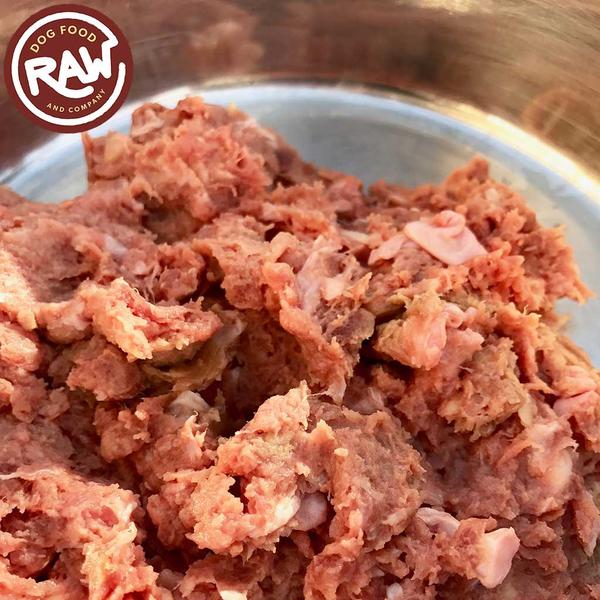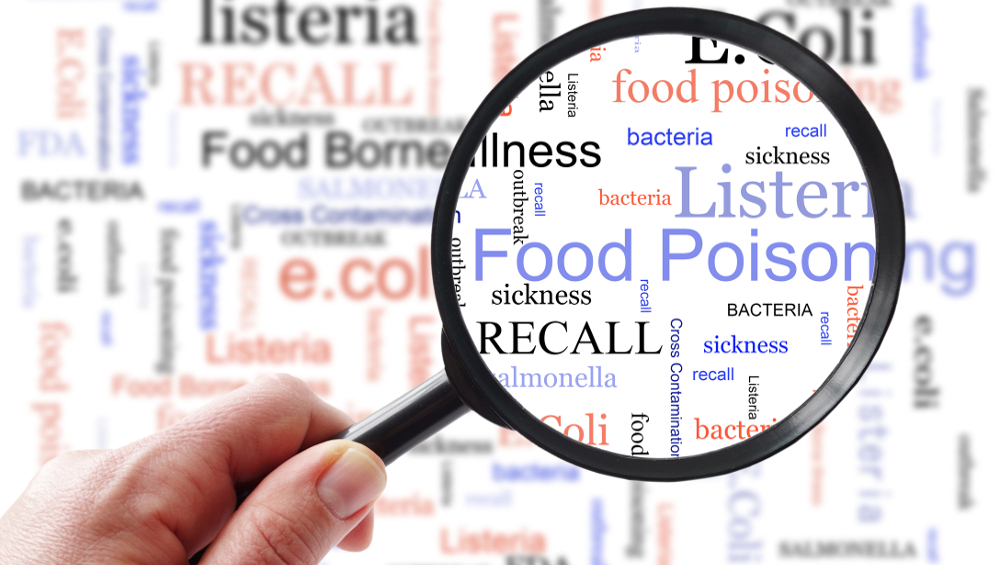On August 16 FDA and CDC issued an update of their report issued on July 25th. The FDA, and CDC, and state and local partners are investigating a multistate outbreak of Cyclospora illnesses linked to fresh basil exported by Siga Logistics de RL de CV located in Morelos, Mexico. Siga Logistics de RL de CV recalled the potentially affected basil on July 24, 2019. At this time, the recommendation not to buy or serve any fresh basil exported by Siga Logistics de RL de CV remains the same. As this outbreak investigation continues, the FDA will update this advisory as more information becomes available. This outbreak involves 205 ill people with 5 hospitalizations. Cases were reported in CT, FL, GA, IA, MA, MN, NY, OH, RI, SC, WI. Exposures occurred at restaurants in five states: FL, MN, NY, OH, and WI. @ https://www.fda.gov/food/outbreaks-foodborne-illness/outbreak-investigation-cyclospora-illnesses-linked-imported-fresh-basil-july-2019




